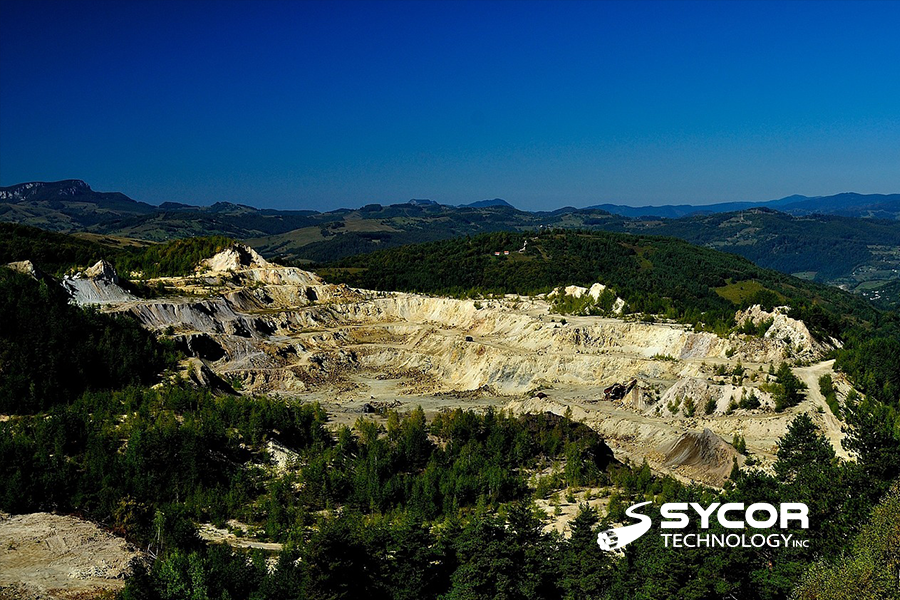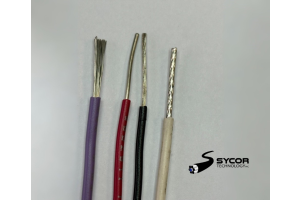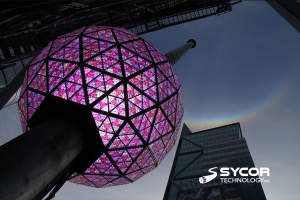
After weeks of protests over the newest deal struck between the Canadian-based First Quantum Minerals and Panama’s government, the Cobre Panama mine has been forced to shut off the lights and lock the doors on its operations for the foreseeable future, but you may be wondering...
How’d we even get here?
In truth, this most recent shutdown of the Cobre Panama mine is far from the first hurdle to make its way into the news cycle. In actuality, First Quantum Minerals, the government of Panama, and its people have been at odds with each other over the operation of these mines for years.
After ownership had changed hands over half a decade earlier, Cobre Panama processed its first ore under the control of First Quantum Minerals in the summer of 2019. In the following years, this mine would see tens to hundreds of thousands of tonnes of copper mined and refined, with this becoming an increasingly obviously lucrative investment for First Quantum. Leading to the first flag of growing concerns to be marked in the summer of 2021, just two years after the mine had begun operation. First Quantum was exploring the possibility of utilizing three additional pits for their mining operations, a move that would extend the Cobre Panama’s mining life from 40 to approximately 70 years, much longer than many expected First Quantum to be able to operate there for.
["Copper is the future" image sourced from Cobre Panama]
Fast-forwarding 18 months from this point, Panama orders the mine to halt operations and shutdown after First Quantum Minerals had failed to finalize a deal which would have seen increased payments to the government. This being quickly followed up by the mining company arbitration process against Panama on Christmas eve of 2022.
In the introductory months of 2023, Cobre Panama would once again be able to open its doors and resume operations as both First Quantum and the government of Panama agree on a contract to operate. However, this operation period would only last a mere 6 months. Fall would see major amendments to operations on two fronts for First Quantum, with a deal being struck with workers after union protests, and soon after Panama’s cabinet approving a modified version of the previously agreed upon operating contract.
Open to closed, then open… and then closed again:
The amended contract between First Quantum Minerals and the government of Panama allowed for the mining company to retain rights to the mine for 20 years, then having to pay substantial fees (roughly 12% of yearly revenue based on current production statistics) every year to continue to operate for another 20 years. While pricy, this would allow First Quantum exclusive rights to operate for nearly half a century, protests by citizens of Panama had promptly ensued. Panamanian activists as well as global activists and onlookers argued that among other issues, the project would damage a forested coastal area and threaten water supplies. These local demonstrations took place both on land and sea, blocking the delivery of crucial supplies to the mine, yet again forcing First Quantum to halt its operations. However, the mining sector in Panama was far from the only aspect of Panama’s economy to feel the effect of these protests. As farmers, schools, emergency services, and many other businesses became unable to keep up with activities due to a lack of staff and supplies.
[An aerial overhead of one of the protests that took place earlier this year in Panama, sourced from Mining.com]
What happens next?
Amid protests and the failed attempts to find common ground agreeable for all parties involved, the government of Panama had sought out to and now passed a bill that while it had originally been drafted up to rescind First Quantum’s contract. As it stands currently, the bill bans all future mining concessions, including exploration, extraction, and transportation of minerals, as well as contract renewals in Panama. Whether this is definitively the final nail in the coffin for the mega-mine, or if this is just another hurdle to surpass in order to resume operations is yet to be seen, the outcomes of the former could lead to substantial shifts in the production of electronic and electrical products that require copper.
While the severity of the outcome of this new bill will only be discovered in time, the ruling will have definite consequences for the copper market, as this one mine accounts for about 1.5% of global production of copper. This shutdown is taking place in conjunction with two of the world’s other most prominent regions for producing copper (located in China and Peru) facing challenges in increasing output and are unable to keep pace with the growing demand for copper.
Additionally, there may very well be some economic blowback for Panama, as the mine accounts for about 5% of its GDP and makes up 75% of Panama’s export of goods. As per First Quantum, this mine and its surrounding operations supported at least 40,000 jobs, directly and indirectly.
For more information on this story as it progresses, check out mining.com for updates here.
Whatever the future may hold, here at Sycor we're ready and able to even scour the globe in order to find the products our clients are looking for. Having sold wires to virtually every type of industry and having worked with just about every type of cable, Sycor Technology has the tools to track down any type of cable you need. If you have any questions or concerns feel free to email one of our sourcing specialists directly at [email protected].
For more information about us:
Call Toll Free - 1.800.268.9444 or Email Us - [email protected]





